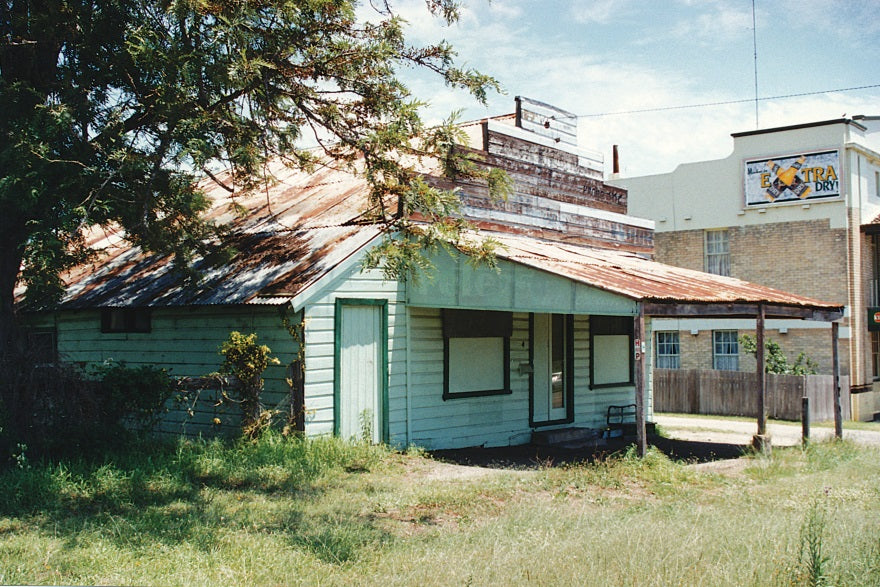Faith, character and work

Trevor Cairney
My Grandfather, Alexander Linton, was one of the few Christians I knew while growing up. I was born into a troubled family and spent most of my holidays with my grandparents who ran a general store in rural NSW. My grandfather was from a family of respected businessmen spanning many decades. He had an Open Brethren background, and was a deeply committed Christian. Much of what I recall of my Grandfather reflects what I learned spending time with him.
As a child in the 1950s and 60s, I saw his character on display every day I was with him, including his generosity, kindness, and servanthood. I would accompany him as he did home-deliveries and visited varied merchants to order stock. These transactions were always embedded within deep conversations about life, the world, current affairs and biblical wisdom. And they were punctuated by my grandfather offering advice, answering questions, fixing a household gadget (if not on the spot he’d take it home to fix at night), and even removing the heads of chooks in back yards at the request of mothers preparing the family dinner. As he worked, he would chat to the householders about science and philosophy, and recite the wisdom of the Psalms and Proverbs, Greek literature, or Shakespeare.
Work was part of my grandfather’s life, and it took many forms, paid and unpaid. It was always seen by him as a privilege and gift from God. He was never idle and I cannot recall him complaining about his work or those with whom he worked. His example was in stark contrast to how many people now see work.
Today, there is a continuum of views on work with people often clustering at one of two extremes. Some view work as an unfortunate part of life. Holidays are dreamed of and planned almost from the first day back from the last one. Work is seen as hard, frustrating, disempowering; an inconvenient but sadly necessary part of life. We accept that it provides buying power for needs and wants, and for some, this is its only consolation; otherwise, it just keeps us from what we’d really like to do.
At the other extreme, work can become one’s primary source of identity and meaning. It shapes one’s central purpose in life, and is the primary means to achieve a level of self-worth, security, independence and power. Work can seem to be all that matters as we remain connected to our jobs 24/7. It determines what we think about, how we spend our time, and who we relate to.
The tendency for us all is to view work in relation to the things we believe matter most: survival, pleasure, leisure, power, prestige, security. Some Christians may see work as part of life, but not part of ministry, worship, evangelism or prayer. It’s as if our day-to-day labours are somehow excluded from the service we offer to God as followers of Christ. Justin Taylor reminds us that ‘we need to recover the reformational understanding of vocation: all of life—in every sphere and in every calling—should be lived to the glory of God and in obedience to his Word’.[1] John Piper tells us that God created us ‘to live with a single, all-embracing, all-transforming passion—namely, a passion to glorify God by enjoying and displaying his supreme excellence in all spheres of life’.[2] This, of course, includes all forms of work.
This different understanding of work encapsulates why my Grandfather’s example was so powerful for me. His primary passion was seeing God glorified in everything he did. God was at the centre of life, not tucked away on the fringes. And as such the welfare of others was to be a key part of his life. For the way we view God, and the place we give him in life, is to be central. Work for my Grandfather was very much part of the fullness of life. He grasped that God had planned it this way not just for Adam and Eve in the garden (Gen 1:26-31) but for us as well.
[1] Justin Taylor, Thank God it’s Monday! Justin Taylor on a theology of work, http://www.trenthunter.net/?p=469, downloaded 7th January 2015.
[2] John Piper, Don’t Waste Your Life (Crossway Books, 2003), p31.
Leave a comment
Comments will be approved before showing up.



